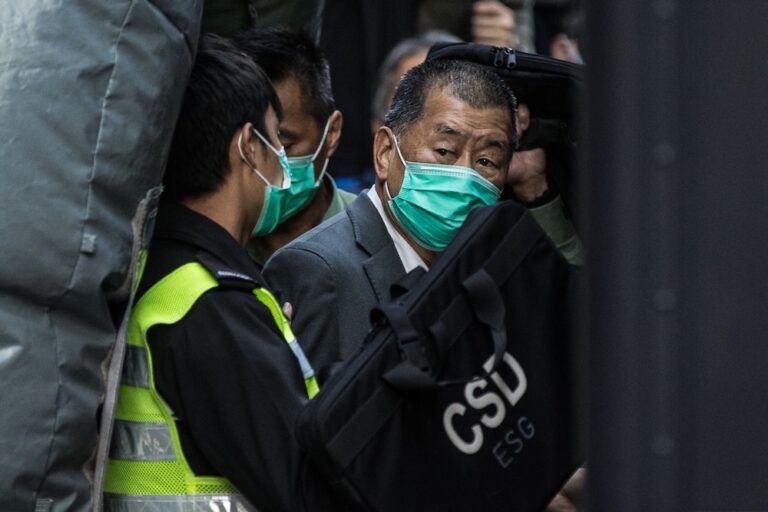(IFJ/IFEX) – The following is an IFJ media release: Journalists Call on Police and European Union to “Come Clean” Over Victimised Reporter The European Federation of Journalists (EFJ), the International Federation of Journalists’ European group, today called upon the Belgian authorities and European Union anti-corruption officers to “come clean and tell all” in the case […]
(IFJ/IFEX) – The following is an IFJ media release:
Journalists Call on Police and European Union to “Come Clean” Over Victimised Reporter
The European Federation of Journalists (EFJ), the International Federation of Journalists’ European group, today called upon the Belgian authorities and European Union anti-corruption officers to “come clean and tell all” in the case of a German journalist who was raided by police in an effort to expose people who were leaking information about corruption in Brussels.
The appeal was made only hours after the European Court of First Instance ruled against the journalist, Hans Martin Tillack, who, with the support of the EFJ, complained that the action against him in 2003 was a breach of his rights. While the court accepted the legitimate basis for bringing the complaint, it ruled that the matter was outside its jurisdiction.
The case of Tillack, an investigative journalist working for Stern magazine, arose after officials from the European Union anti-corruption unit, OLAF, complained to police about him, claiming that he had bribed officials for information. No evidence has emerged to sustain this complaint, but Belgian police raided his home and offices and seized papers and confidential documents. Three years after the incident there has been no official report and no charges laid against Tillack.
“The court ruling does not change anything about the injustice of this case,” said Aidan White, EFJ General Secretary. “It does not vindicate the European Commission or officials in OLAF who have behaved disgracefully in this affair by making unsubstantiated allegations and it does not deal with the appalling denial of justice by Belgian police, who have still to make an official report on their investigation.”
The EFJ says that the case shocked journalists working in the Brussels’ press corps, the world’s largest foreign correspondents’ group, and increased fears within the European journalists’ community that government officials and national police forces have increasing disregard for protection of journalists’ sources.
“In the past few months there have been cases of police and security forces taking action, legally and illegally, against journalists in the Netherlands, Germany, Italy and Denmark,” said White. “Journalists and their confidential sources are under siege from politicians and bureaucrats who are trying to stifle dissent and restrict free circulation of embarrassing information. The inevitable victim of this process is press freedom.”
White said it was time for the European Commission and OLAF to withdraw their complaints about Tillack and for the Belgian police to admit that there was no foundation to the allegations made against him.
The IFJ represents over 500,000 journalists in more than 100 countries.


